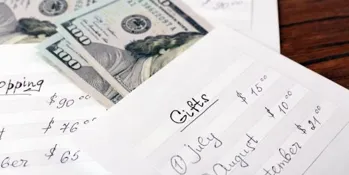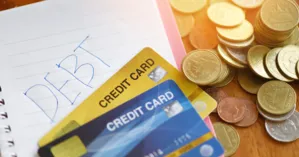
With this economy, many people have struggled to keep up with their bills. Increasing credit card balances are becoming a significant issue, impacting financial stability for many Americans. It’s easy for them to get away from you. If you’re having trouble making payments on your credit card, you don’t need to panic. Here are five things to do if you’re falling behind on your credit card debt.
1. Understand Your Credit Card Debt
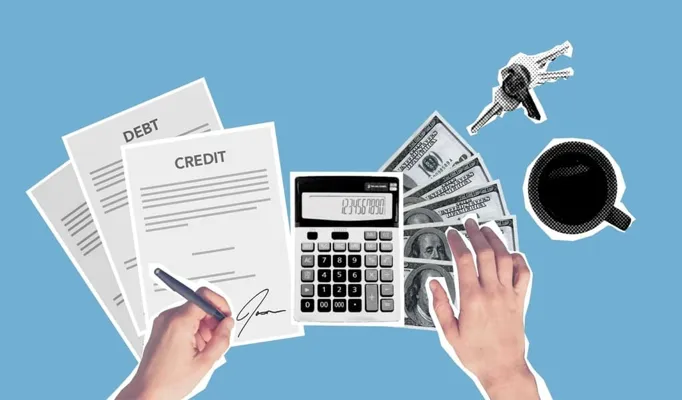
Understanding your credit card debt is the first step towards managing it effectively. Credit card debt can be overwhelming, but by breaking it down and analyzing the details, you can create a plan to pay it off. Here are some key factors to consider:
- Total amount owed: Calculate the total amount you owe on all your credit cards. Knowing this number gives you a clear picture of your financial situation.
- Interest rates: Check the interest rates on each credit card and prioritize the ones with the highest rates. Paying off high-interest debt first can save you money in the long run.
- Minimum payments: Calculate the minimum payment for each credit card. While it’s tempting to pay just the minimum, try to pay more whenever possible to reduce the principal amount faster.
- Due dates: Make a note of the due dates for each credit card payment to avoid late fees. Setting up reminders or automatic payments can help you stay on track.
- Credit limits: Check your credit limits and avoid maxing out your cards. Keeping your balances well below the limits can prevent further debt and improve your credit score.
By understanding these factors, you can create a personalized plan to manage your credit card debt and make progress towards becoming debt-free.
2. Start with Knowing Your Income and Expenses
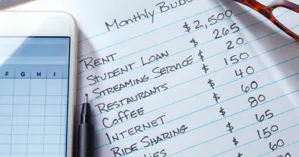
It’s hard to get out of credit card debt when you don’t have a handle on your income and expenses. It’s time to sit down and make a budget. You may not like it, but write down all your income and expenses. And those daily coffees are considered expenses and should be written down. Divide your expenses into needs and wants. The needs you must pay, the wants you can find ways to cut. This is the main way to tackle your debt.
-
Total amount owed: This is the sum of all your outstanding balances. Keeping track of your credit card bill is crucial to avoid falling behind and facing late fees or increased interest rates.
3. Call Credit Card Companies

Credit card companies hate being ignored, and it would be better for you if you called them and had a conversation. Be honest about your situation and ask if they could lower your payment temporarily. Let them know how much you can afford and when you can start normal payments again (this is where your budget comes into play). Let them know what new payment amount you would like. They won’t all do this but it’s worth a try.
Additionally, consider credit counseling as a resource for managing debt and improving financial health.
Tip: Debt Management Plan and Forgiveness Programs May Help
A debt forgiveness program is when you settle your debt with one lump payment. You can negotiate with your credit card company for this. You might be able to settle 50 percent of the debt. These programs can get you out of debt, but it’s considered taxable income and can wreck your credit score.
A debt consolidation loan is another option to consider for combining multiple debts into one manageable loan with a single monthly payment.
4. Increase Your Overall Income
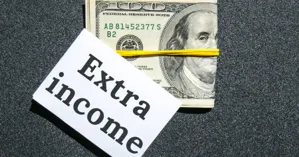
Start a side hustle that will give you extra income. It could be a part-time job, selling items online or freelancing. Put all the money you earn toward your credit card debt. This will speed up the repayment process and reduce your total interest. Increasing your income can also help you manage your monthly payment more effectively.
5. Avoid Consequences
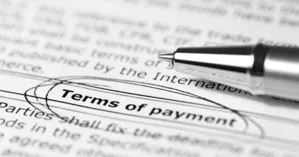
Falling behind on credit card payments can have serious consequences, including late fees, penalty interest rates, and damage to your credit score. To avoid these consequences, it’s essential to take proactive steps to manage your credit card debt. Here are some strategies to help you avoid the consequences of credit card debt:
-
Make timely payments: Pay your credit card bills on time to avoid late fees and penalty interest rates. Setting up automatic payments or reminders can help ensure you never miss a due date.
-
Communicate with your credit card company: If you’re having trouble making payments, reach out to your credit card company to discuss possible solutions, such as a temporary reduction in payments or a hardship program. They may be more willing to work with you than you think.
-
Consider a debt management plan: If you’re struggling to make payments, consider working with a nonprofit credit counselor to create a debt management plan. This can help you pay off your debt in a structured way and avoid further consequences.
-
Monitor your credit report: Keep an eye on your credit report to ensure that it’s accurate and up-to-date. Dispute any errors or inaccuracies that you find, as they can negatively impact your credit score.
-
Avoid new credit: While you’re paying off your credit card debt, avoid applying for new credit cards or loans. This can prevent further debt and help you focus on paying down your existing balances.
By taking these steps, you can avoid the consequences of credit card debt and make progress towards financial stability.
6. File for Bankruptcy
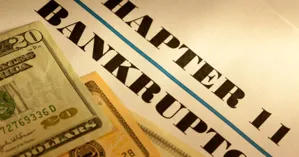
Filing for bankruptcy should be a last resort. It's crucial to pay credit card bills on time to avoid severe consequences like bankruptcy. Bankruptcy is a legal process to eliminate debts. It lets you have a fresh start, but there are also severe consequences. Your credit score will tank. And you might lose some assets. You also won’t be able to qualify for car loans or mortgages for years.
Conclusion
Don’t give up if you find yourself over your head. The last thing you want to do is declare bankruptcy. Start by budgeting for your household and calling the credit card companies. And if you have to, generate more income. That will help more than anything else.
-
Set aside a specific amount each month in a designated account for debt settlement programs. This helps accumulate a lump sum to negotiate settlements with creditors. Participants are often advised to stop making any monthly payments to their creditors during the process.



